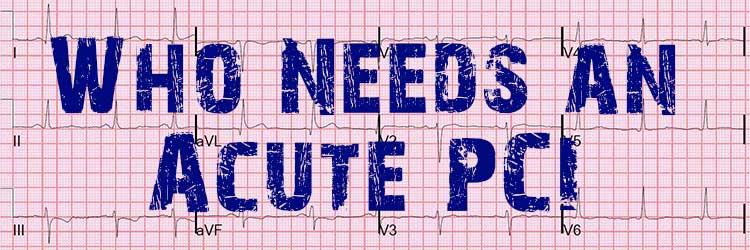Those, and all of the other things that are useless.
I'm logged in from home right now (its raining, can't walk the dog or otherwise do much of anything).
Here are the useless things that take up central real-estate on the screen (from left to right).
There's a column named "Tx Plan", which is always vacant. Now, blank-spaces can be useful; but this ain't it, chief.
There's a column named "CareCoord", which displays icons indicating "READMISSION!" or "ACO", which you don't care about because you're going to to do the right thing anyways.
There's a column named "Info", which has apples, triangles, and other things that make limited sense, and also don't contribute to patient care.
There's a column named "NR", which has a white "clipboard" icon in it at all times and cant be collapsed... seemingly to remind you that a clipboard-toting nurse is watching you at all times.
There's a column named "Note" which is also always vacant. Now, blank-spaces can be useful; but this ain't it, chief.
There's a column named "RA" which has a stethoscope icon it in (invariably), to indicate that a nurse has ignored the patient again.
There's a column named "Chart", which lets you click on the chart icon to access the charting. This could also be done by say, double-clicking on the patient's name... but hey; I'm no computer wizzzzard or anything here!
There's a column named "Activities" which has LOTS of useless icons in it. I tried signing up for activities (like flag football or chess club) using these icons, but... it didn't work.
There's a column named "MAR", which indicates to me that the nurse has or hasn't given the medicines.
There's a column named "IV STOP", which I'm not sure indicates anything beyond the nurses ignoring the patient's IV.
There's a column named "EKG", which tells me to yell at people to do an EKG despite the patient being here an hour with a complaint of chest pain, shortness of breath, dizziness, etc.
There's a column named "Lab", which tells me when labs are done and to click here to see them, this is actually ****ing useful.
There's a column named "Rad", which tells me when radiology studies are done and to click here to see them, this is actually ****ing useful.
There's a column named "Patient Flow", which has lots of other strange icons in it that take up just enough space to push the other columns off of the screen.
That's where the screen ends, before you have to scroll to the right.
Once you scroll right, you see other things that you'd normally never need, like:
"Dispo", "Blood Pressure", "Pulse", "O2", "RR" and "Who the hell is taking care of this patient?!"

